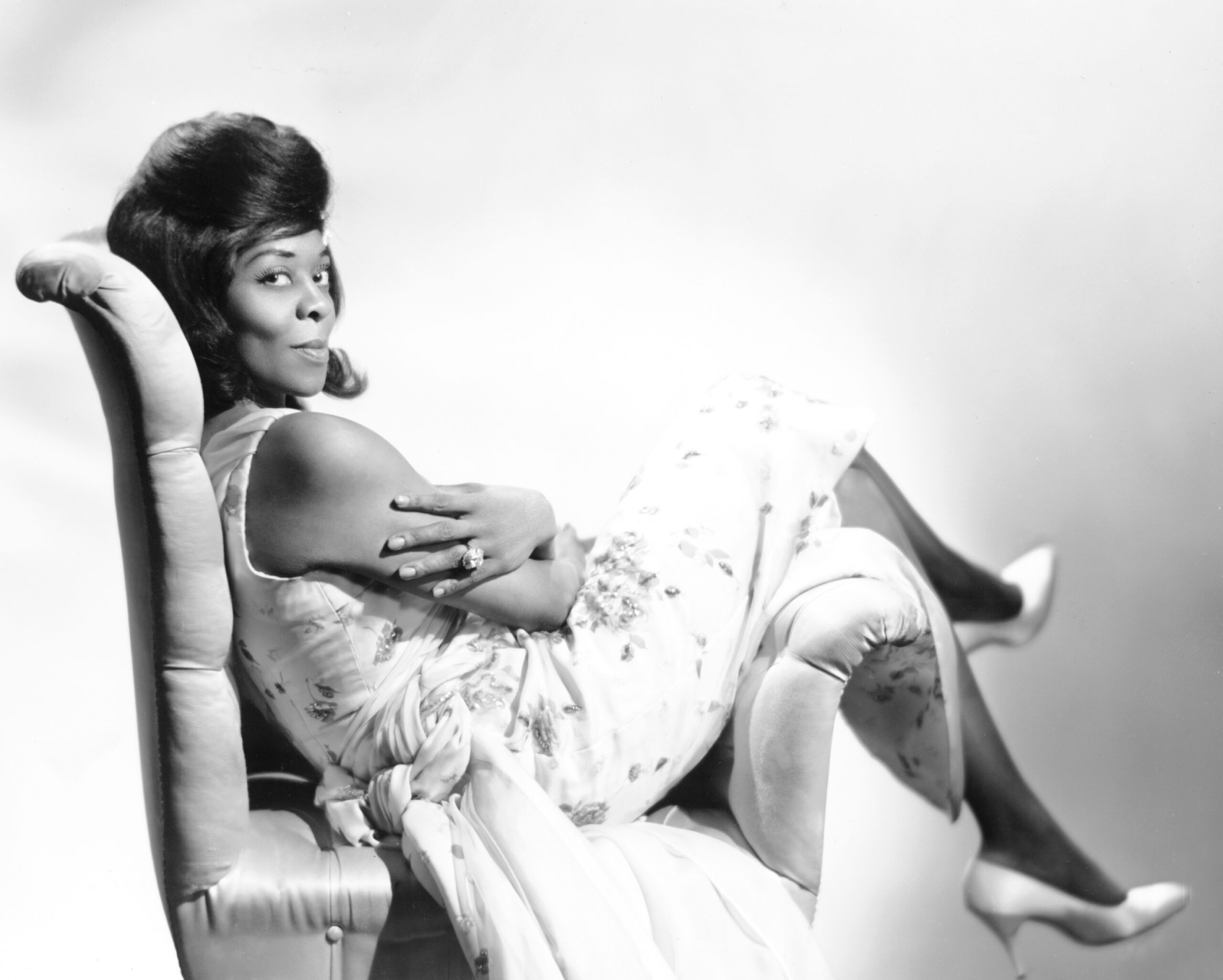The 1950s was a transformative era in American music. Similar to most cultural shifts, Black female singers were at the forefront. These women shaped musical genres, while breaking societal barriers. Their contributions not only enriched the musical landscape, but also paved the way for future Black generations of artists.
Dinah Washington
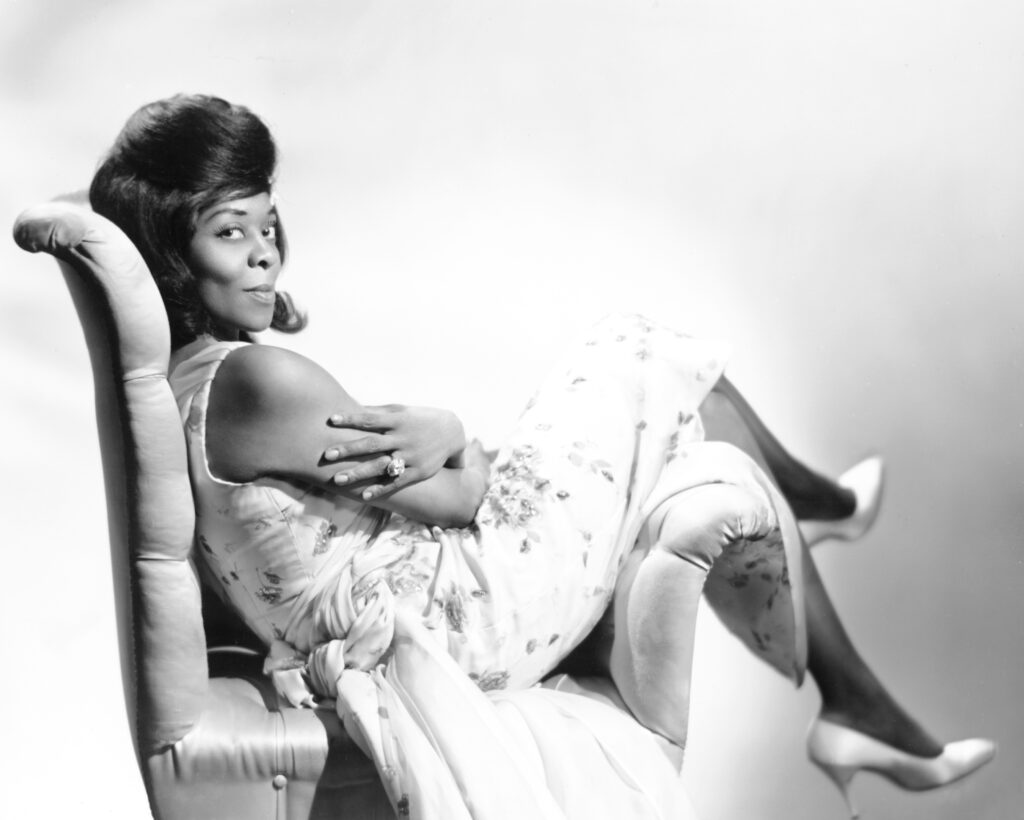
Born Aug. 29, 1924, Dinah Washington earned the title “Queen of the Blues.” Washington had a versatile voice that seamlessly blended jazz, blues, R&B and gospel. Her emotive delivery and sharp diction made her a favorite among audiences. Hits, like “What a Diff’rence a Day Makes” and “This Bitter Earth,” showcased her ability to convey deep emotion. Although she died in her 30s, Washington solidified her place in music history. Her influence extended beyond her lifetime, inspiring countless artists with her dynamic performances and recordings.
Ella Fitzgerald
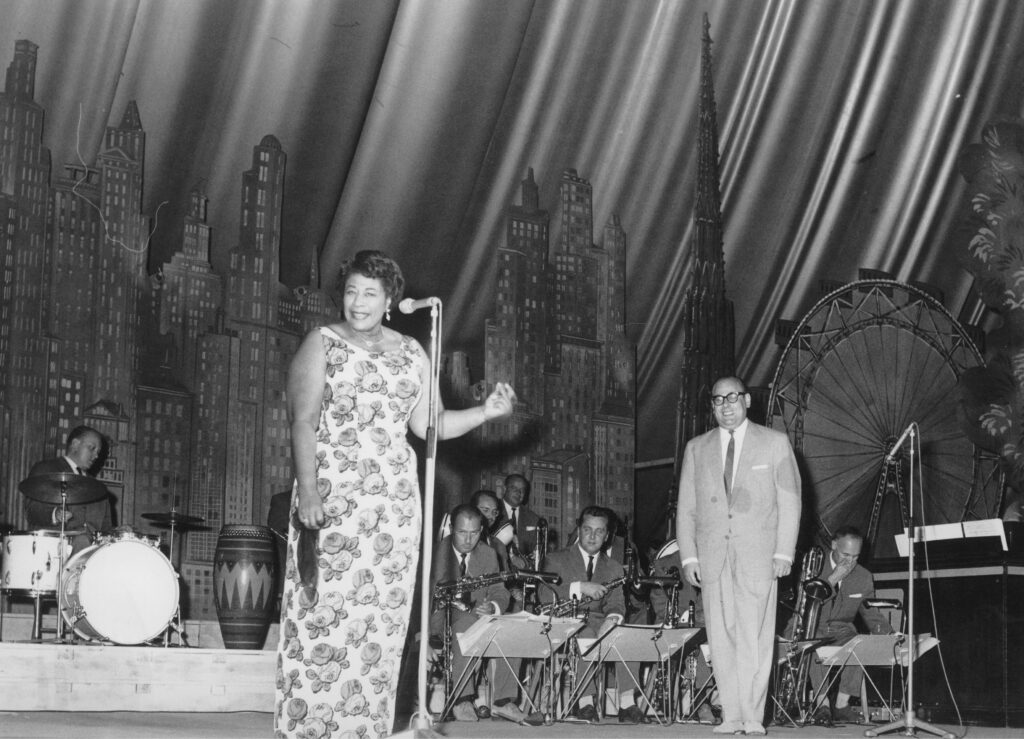
Ella Fitzgerald is referred to as the “First Lady of Song.” Her pure tone, exceptional diction and scatting set her apart as one of the greatest jazz vocalists. Fitzgerald’s career soared in the 1950s with the release of her “Songbook” series. It featured eight albums that reimagined the works of Tin Pan Alley, Cole Porter and other greats. Fitzgerald’s improvisational skill, specifically her scat singing, showcased her technical prowess and deep understanding of jazz. Throughout her career, the songstress collaborated with other famous Black artists, including Louis Armstrong and Duke Ellington.
Billie Holiday
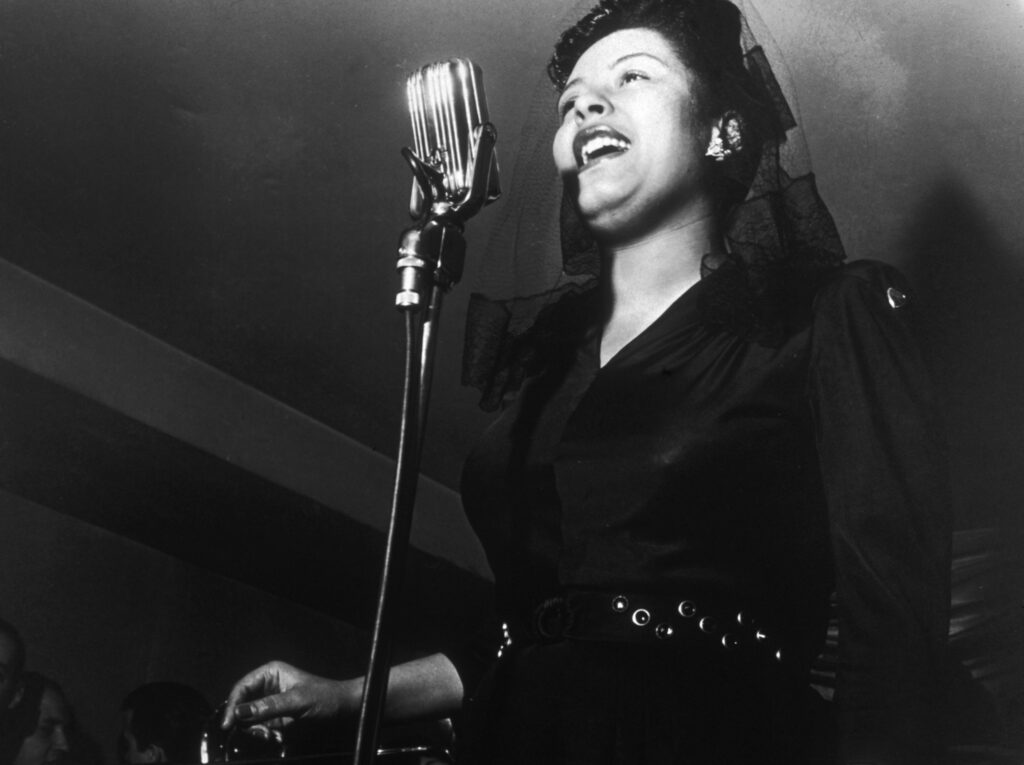
Billie Holiday was one of the greatest jazz singers of all time. Born July 17, 1959, Holiday’s personal life was riddled with struggles. However, the addiction and adversity she faced as a Black woman singer only fueled her approach to music. Holiday was known for her haunting voice and emotive interpretations. Her famous singles, like “Strange Fruit,” a poignant commentary on lynching, and “God Bless the Child,” reflected her profound ability to convey deep emotion and social consciousness. Holiday’s unique phrasing and vocal style influenced generations of musicians, making her a timeless figure in American music.
Sarah Vaughan
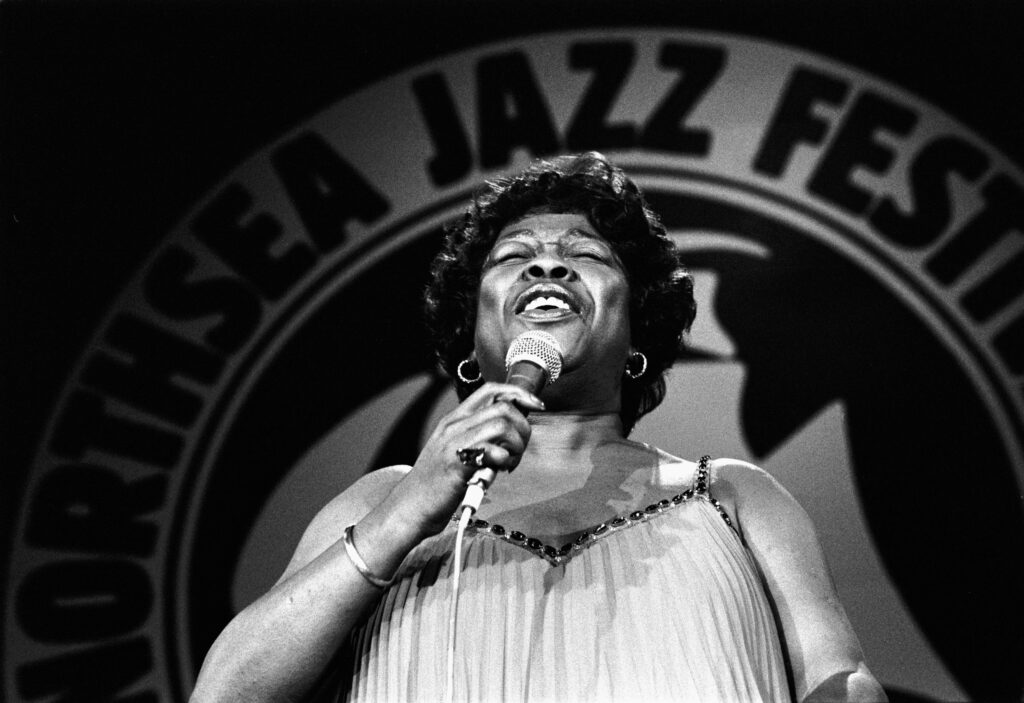
Born March 27, 1974, Sarah Vaughan was called “The Divine One.” As a singer, Vaughan possessed a rich, expressive voice with remarkable range. Her improvisational skills and unique tonal quality made her a standout in both jazz and pop music. Her songs including “Misty” and “Broken Hearted Melody” showcased her ability to infuse emotion into every note. Vaughan’s technical mastery and emotive delivery have left a lasting legacy, influencing countless vocalists across genres.
Mahalia Jackson
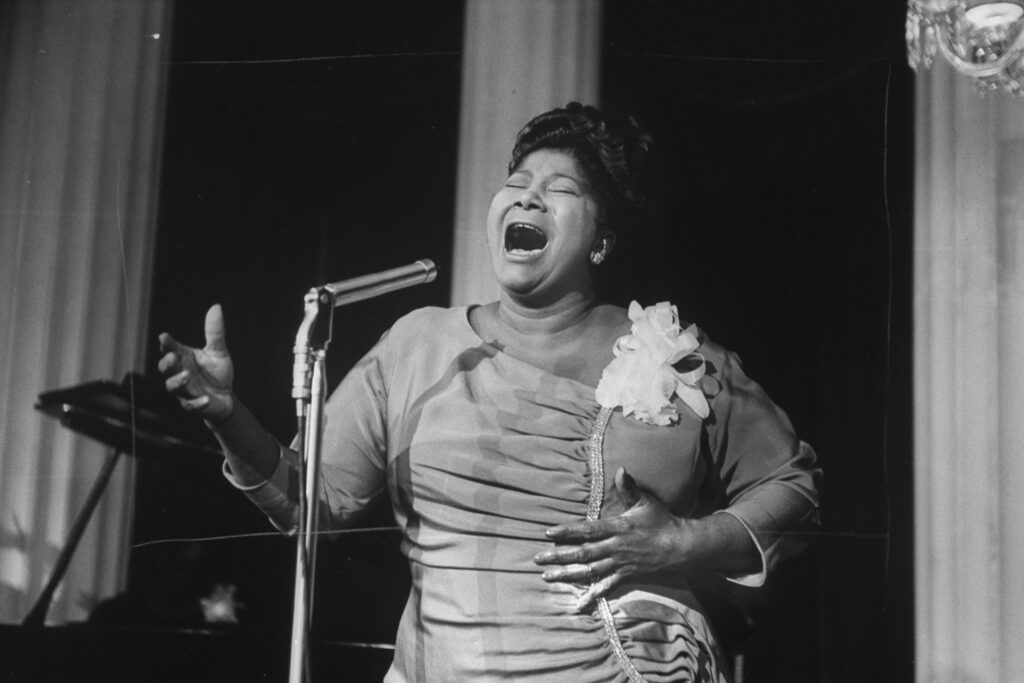
Hailed as the “Queen of Gospel,” Mahalia Jackson’s heavy, powerful voice brought gospel music to the forefront of American culture. Her performances were filled with deep spirituality and emotion, captivating audiences worldwide. Songs, like “Move On Up a Little Higher,” became anthems of hope and resilience. Jackson’s influence extended beyond entertainment. She was a prominent figure in the civil rights movement, singing at rallies, fundraisers and events, Jackson’s voice became the soundtrack to the civil rights movement.
Ruth Brown
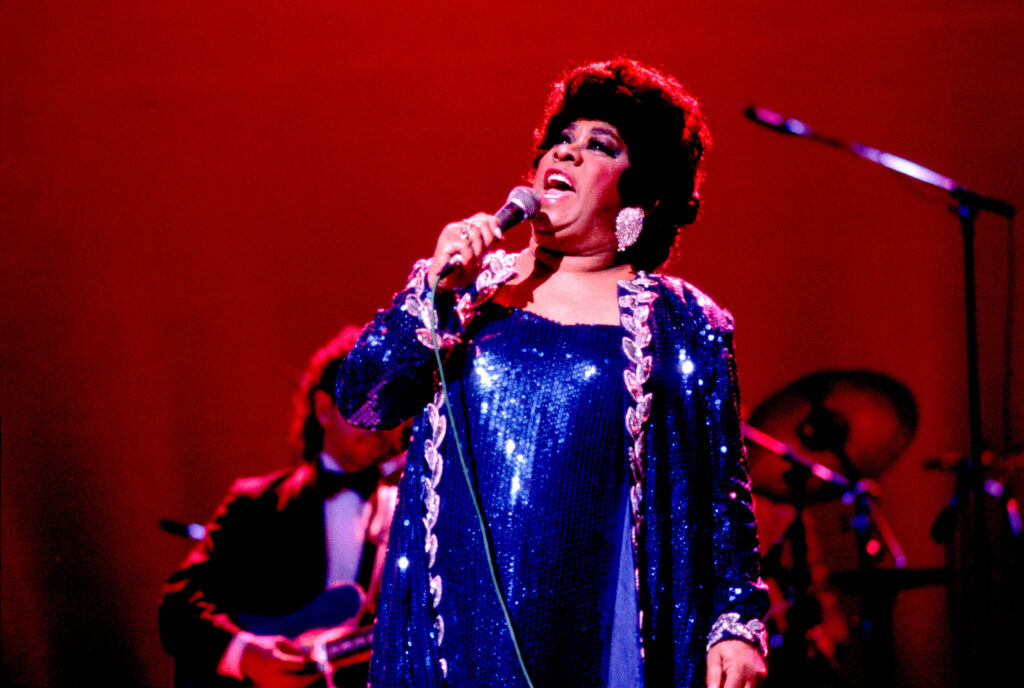
Called “Miss Rhythm,” Ruth Brown’s performances and soulful voice were instrumental in shaping rhythm and blues. Initially, Brown’s songs were constantly covered by white artists with no credit given. However, soon Brown’s string of hits, including “Teardrops from My Eyes” and “(Mama) He Treats Your Daughter Mean,” dominated the charts. Brown’s success helped establish Atlantic Records as a major label, earning it the nickname “The House That Ruth Built.” Her contributions laid the groundwork for future R&B artists. In 1989, she earned a Tony Award for her stage work in the musical “Black and Blue.” Brown’s album from that same year, titled “Blues and Broadway,” won a Grammy for Best Jazz Vocal Performance.
Etta James
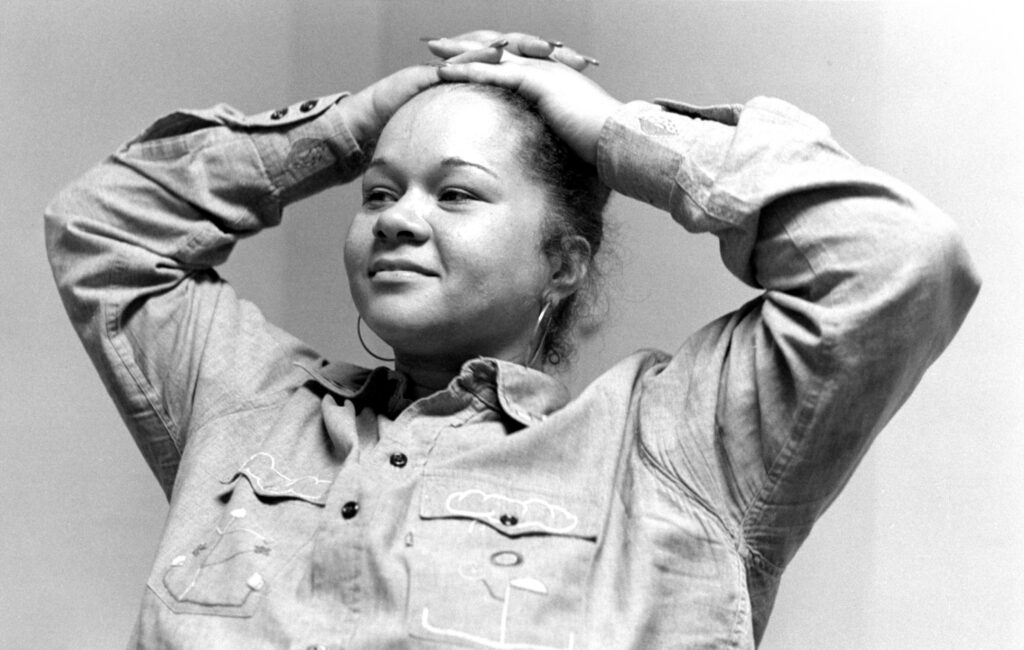
Etta James’s versatile voice spanned genres from blues and R&B to rock and roll. Her 1955 hit “The Wallflower” showcased her powerful vocals and rebellious spirit. James’s emotive delivery and raw energy made her a standout performer, influencing a wide range of artists across musical styles. Her later classic, “At Last,” remains a timeless favorite, highlighting her ability to convey deep emotion. In 2008, Beyoncé portrayed the famous Black singer in the film “Cadillac Records.”
LaVern Baker
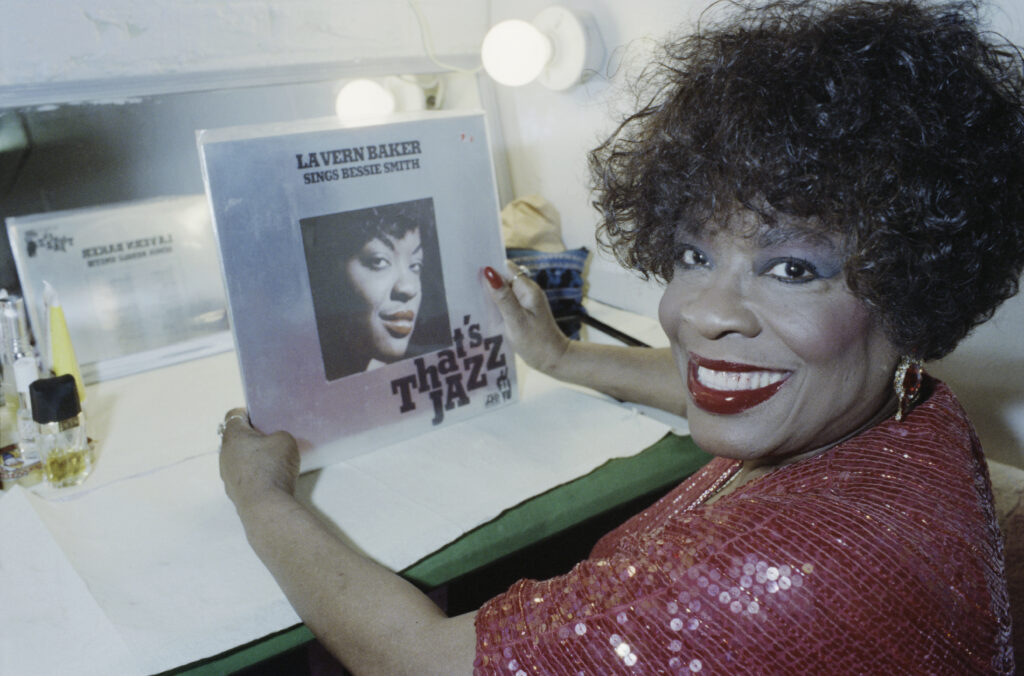
With a voice that exuded both strength and sensuality, LaVern Baker made significant contributions to R&B and rock and roll. Hits, like “Tweedle Dee” and “Jim Dandy,” showcased her dynamic vocal style and charismatic stage presence. Baker’s success in the 1950s helped pave the way for future Black female artists in mainstream music. Her induction into the Rock and Roll Hall of Fame in 1991 underscored her lasting impact on the music industry.
Lena Horne
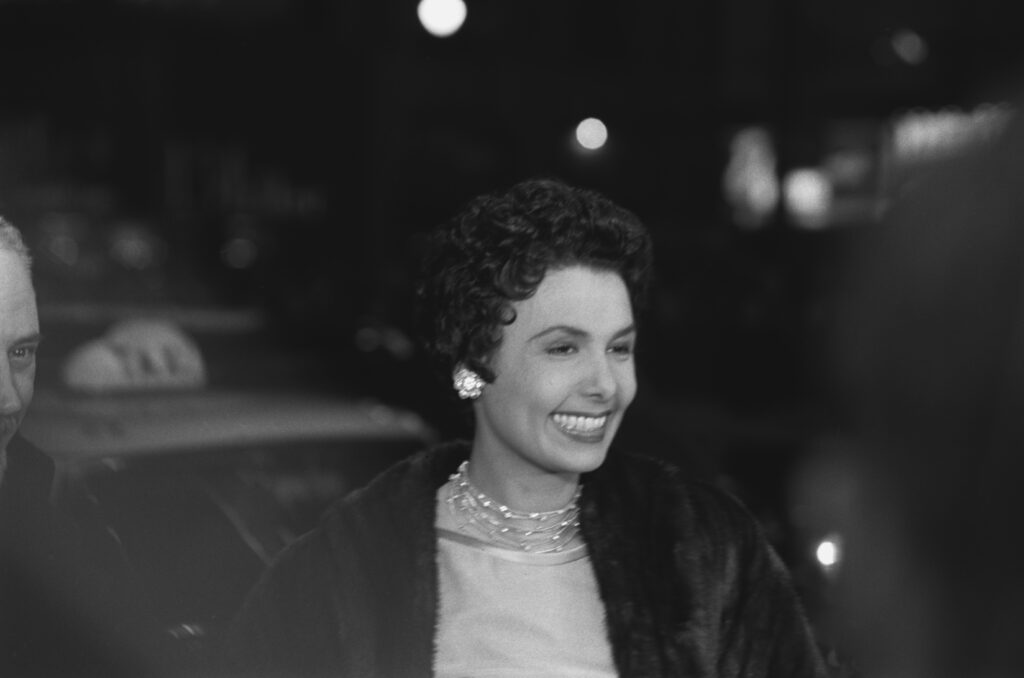
Along with her mellow voice, Lena Horne was a trailblazer in breaking racial barriers in Hollywood. In 1942, she became the first Black actress to sign a long-term contract with a major film studio (MGM.) She portrayed Glinda the Good Witch in the 1978 film “The Wiz.” Her performances of songs, like “Stormy Weather,” captivated audiences and showcased her elegant style. Horne’s activism and refusal to perform for segregated audiences made her a significant figure in the fight for civil rights. Her legacy as a performer and activist continues to inspire artists and activists.
Nina Simone
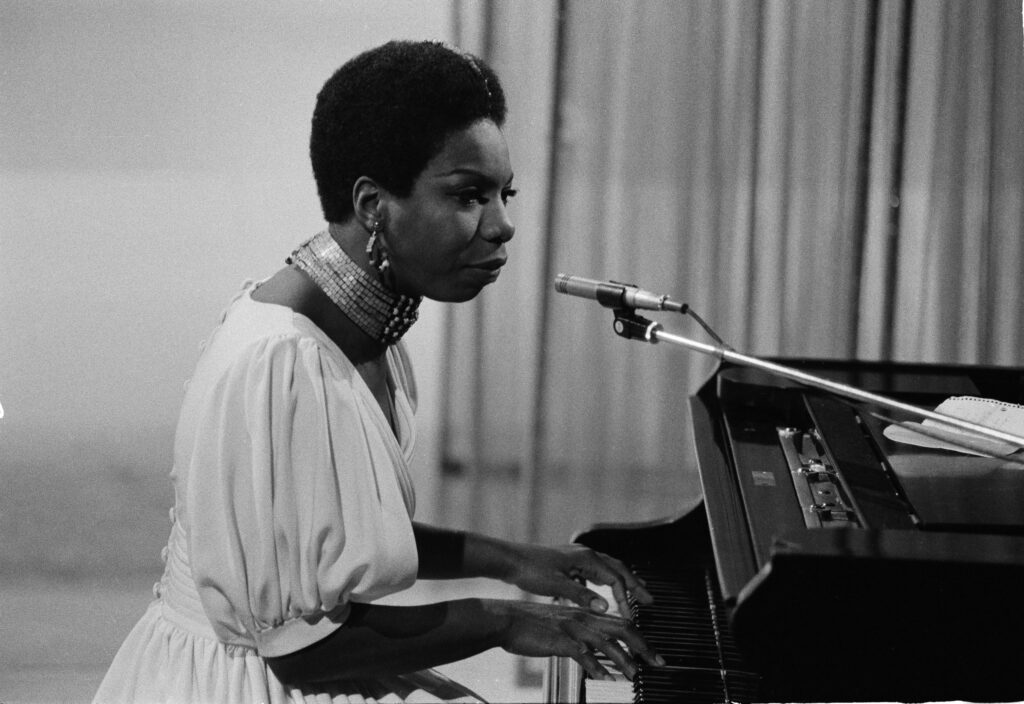
Nina Simone’s unique blend of jazz, blues, and classical influences made her a distinctive voice in music. Her deep, expressive voice and piano skills were evident in songs, like “I Loves You, Porgy.” In 2000, the singer won a Grammy Hall of Fame Award for her rendition of the song. Simone’s music denounced racism including Black women stereotypes. She also was a fierce advocate for civil rights, using her art as a platform for change. Her singles showcasing this include “Four Women.” Simone’s fearless approach to addressing racial injustices through music has left an enduring legacy. Even Jay-Z sampled Simone’s music for his album “4:44,” which was nominated for Album of the Year at the 2018 Grammy Awards.
